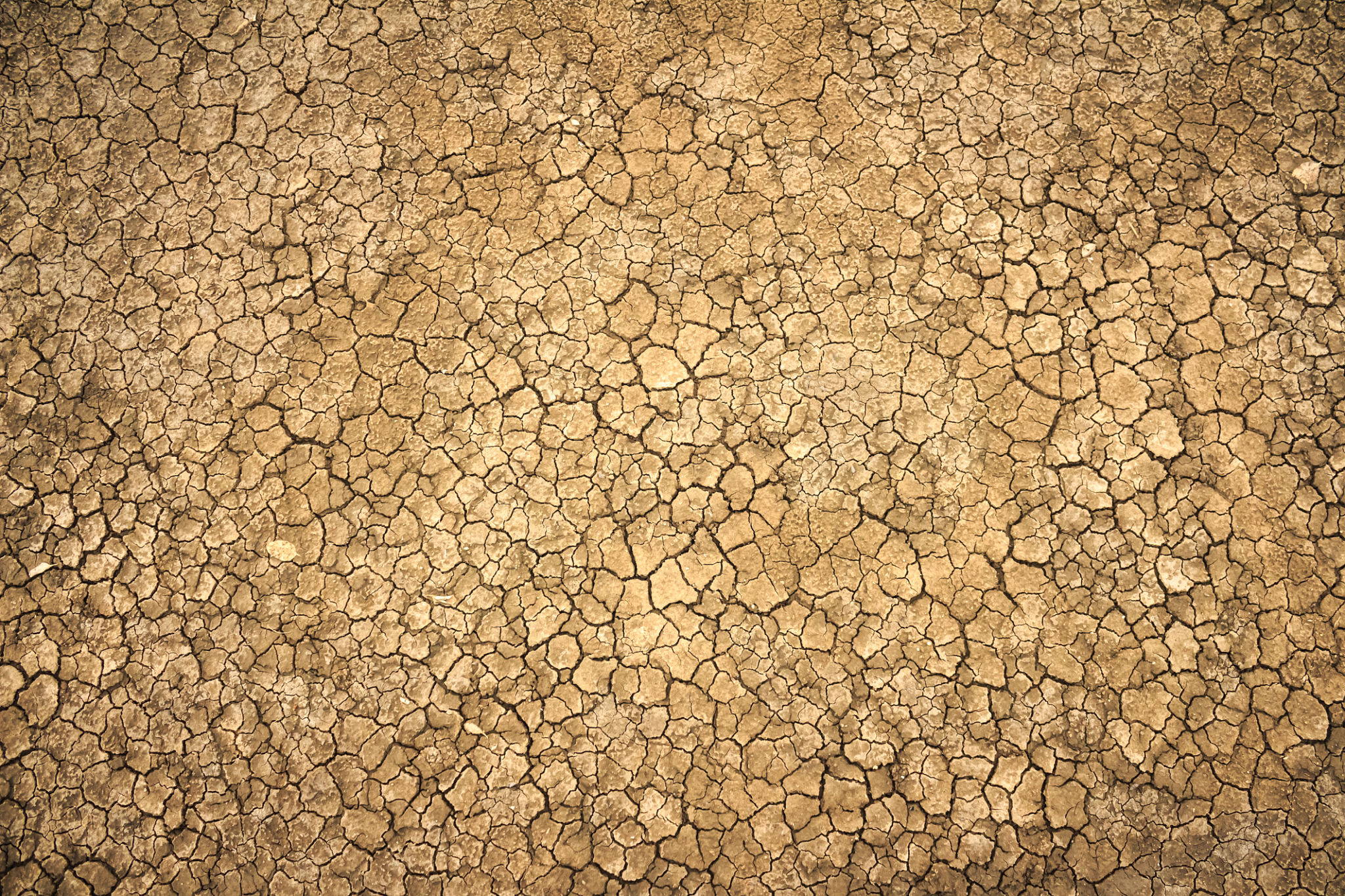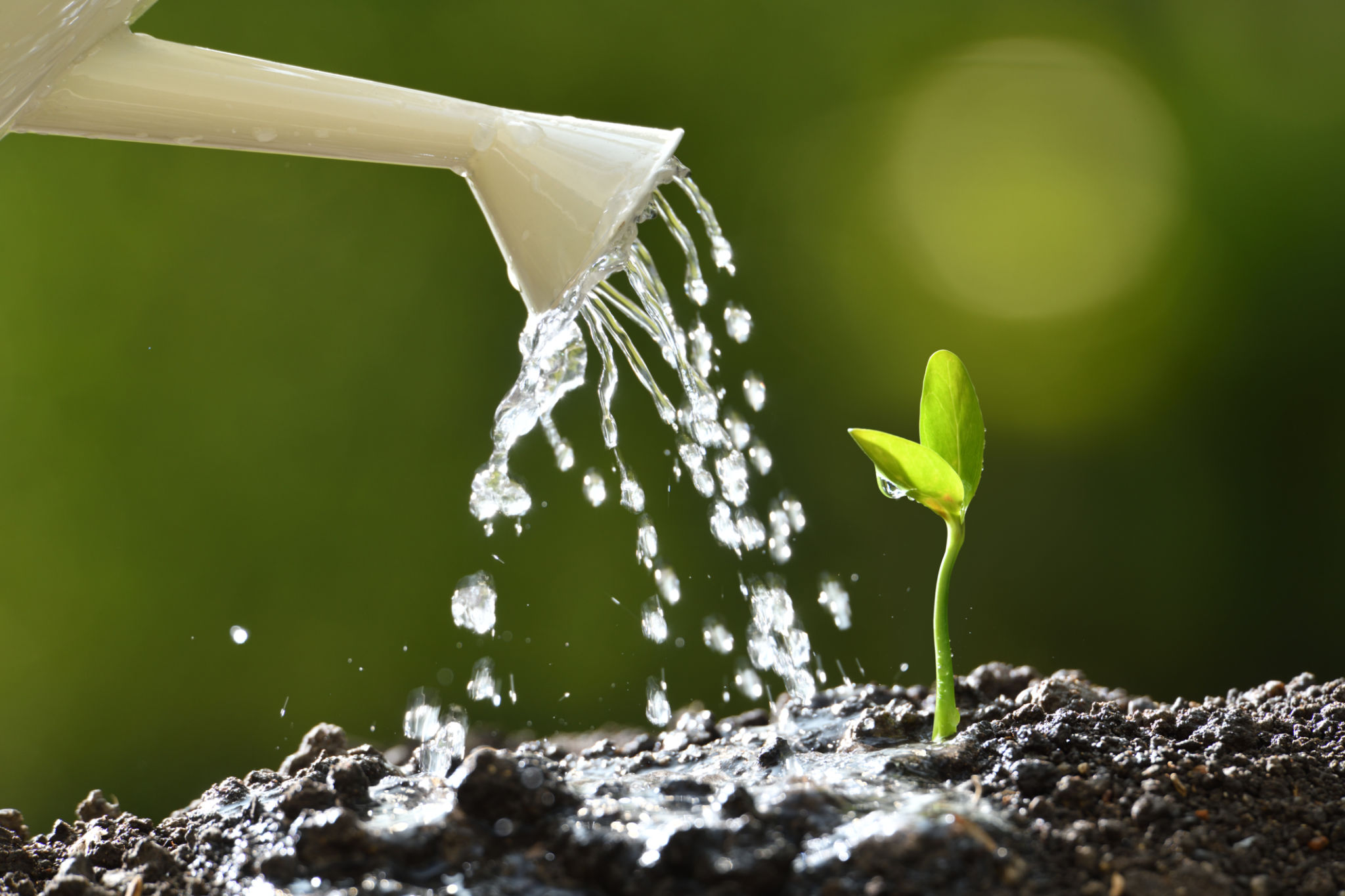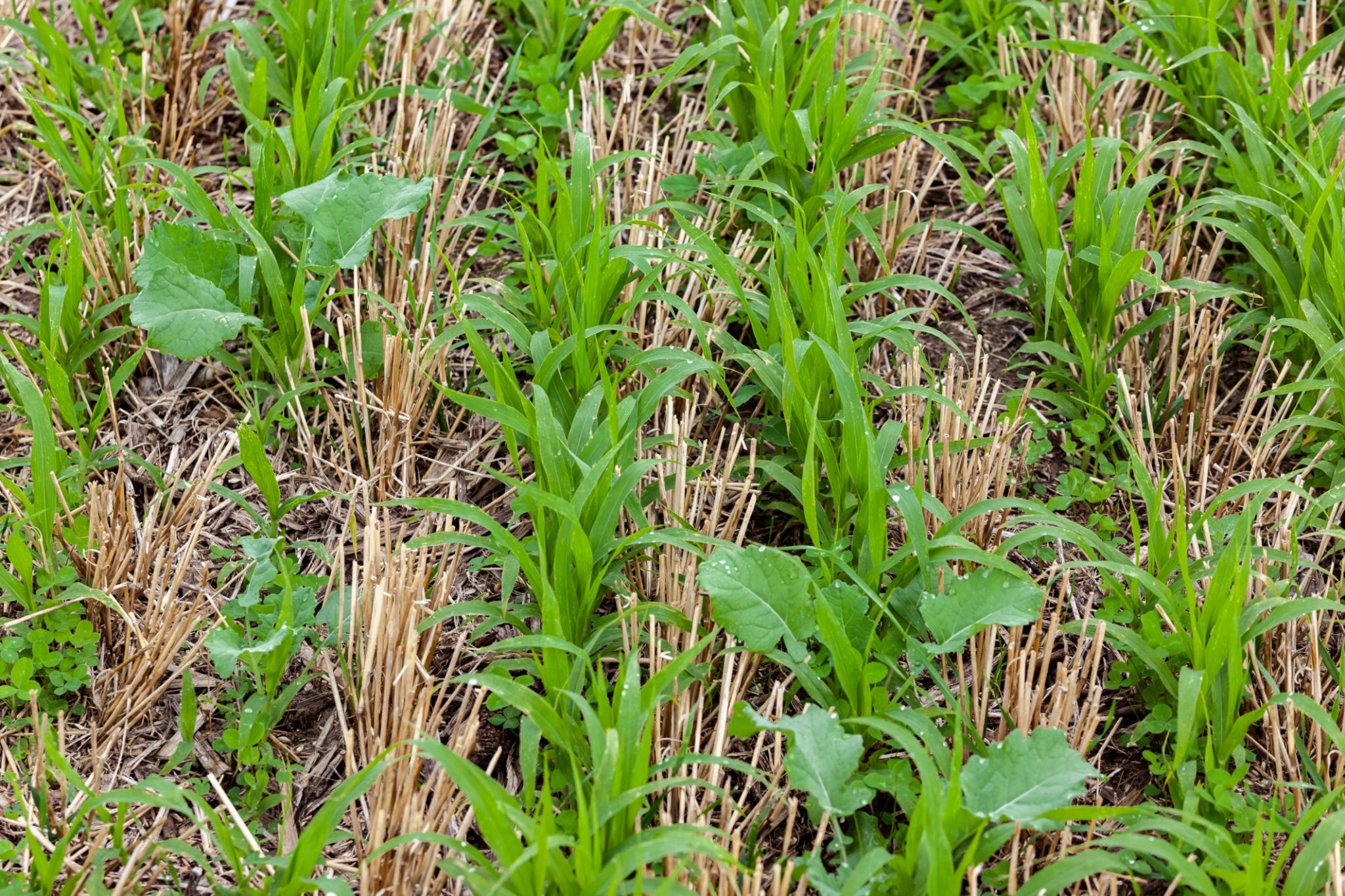Expert Tips on Maintaining Healthy Soil During the Hot Australian Summers
Understanding the Impact of Heat on Soil
The sweltering Australian summers can be particularly harsh on soil, leading to dryness, nutrient depletion, and compaction. These conditions can significantly affect plant growth and overall soil health. Understanding the impact of heat on your soil is the first step towards maintaining its vitality. Hot weather increases evaporation, leading to moisture loss. This not only dries out the soil but also causes essential nutrients to leach away.

Implementing Mulching Techniques
One of the most effective strategies to protect soil during the hot months is mulching. Mulch acts as a protective barrier, reducing evaporation and maintaining moisture levels. Organic mulches like straw, bark, or compost are particularly beneficial as they decompose and enrich the soil with nutrients over time. Apply a layer of 5-10 cm of mulch around your plants, ensuring it doesn't touch the stems directly to prevent rot.
Watering Wisely
Proper watering techniques are crucial in maintaining healthy soil during hot summers. It's best to water deeply but less frequently to encourage deep root growth. This method helps plants become more drought-resistant. Early morning or late evening watering reduces evaporation rates, ensuring more water reaches the root zone where it's needed most.

Enhancing Soil Structure
Improving soil structure helps it retain moisture and nutrients more effectively. Incorporating organic matter like compost or well-rotted manure improves aeration and water retention. Regularly turning or lightly tilling the soil can prevent compaction, allowing roots to penetrate more easily and access nutrients.
Utilizing Cover Crops
Cover crops such as clover or vetch can play a significant role in maintaining soil health during extreme heat. These plants act as a living mulch, providing shade and reducing temperature fluctuations at the soil surface. Additionally, they help fix nitrogen in the soil, improving fertility for future crops.

Maintaining Soil pH Levels
Soil pH can affect nutrient availability, and extreme temperatures can sometimes alter these levels. Regularly testing your soil's pH ensures that it remains within an optimal range for plant growth. If adjustments are necessary, lime can be added to raise the pH, while sulfur can be used to lower it.
Using Soil Amendments
Soil amendments like gypsum or biochar can be beneficial in improving soil structure and moisture retention. Gypsum helps break down clay soils, enhancing drainage and aeration, while biochar increases water holding capacity and provides a habitat for beneficial microorganisms.
Practicing Crop Rotation
Crop rotation is an age-old practice that can help maintain healthy soil. By rotating crops with different nutrient requirements and pest resistances, you can naturally replenish lost nutrients and reduce disease risks. This practice not only benefits soil health but also boosts plant productivity.
